Названо переможців турніру з міні-футболу
19 вересня на базі НУБіП України відбувся турнір серед студентів, науково-педагогічних працівників, співробітників університету з міні-футболу, присвячений воїнам Голосіївського району, які загинули в АТО.
Відкрив змагання проректор з навчальної і виховної роботи Сергій Кваша.
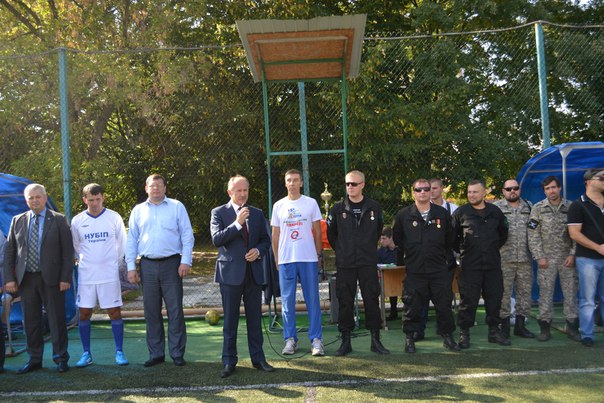
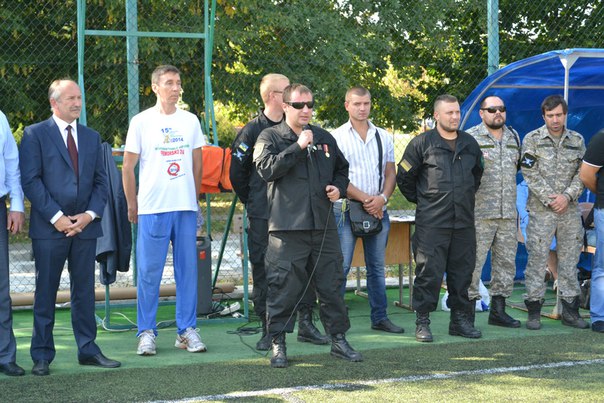
У турнірі взяли участь 16 команд. Вони формувалися за територіальним принципом - по областях.
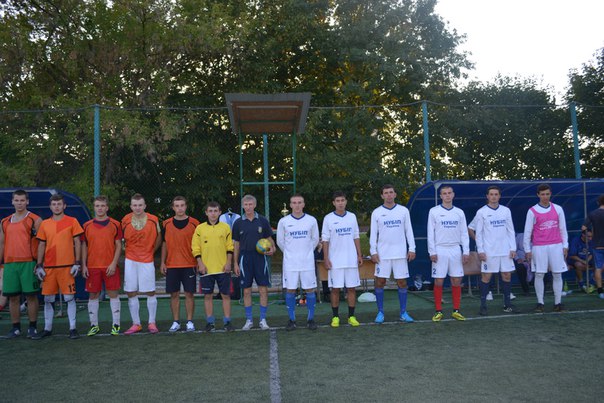
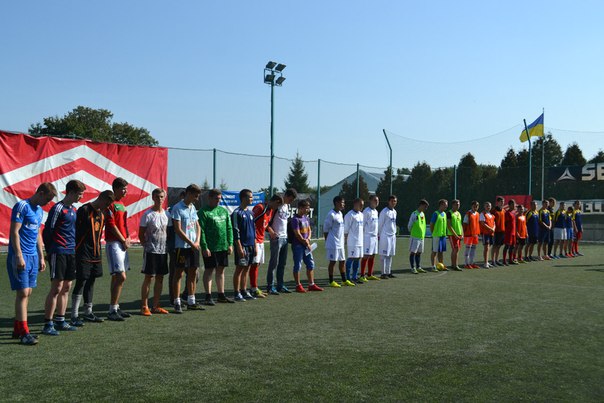
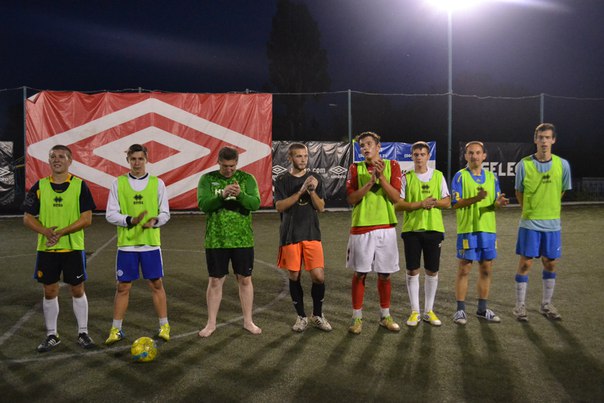
Після шестигодинних ігор третє місце посіла команда Закарпатської області, друге - команда Сходу (Харківської, Луганської, Донецької областей). Почесне перше місце виборола команда Житомирської області.
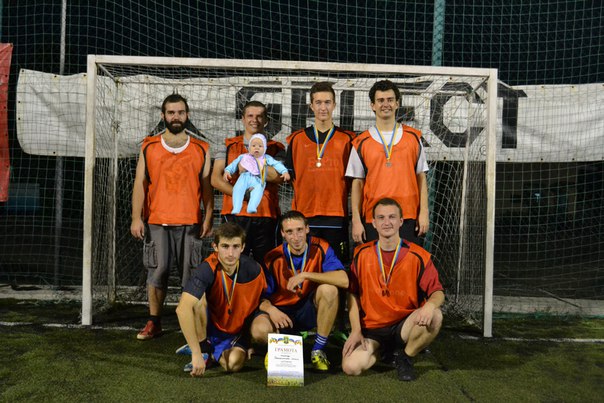
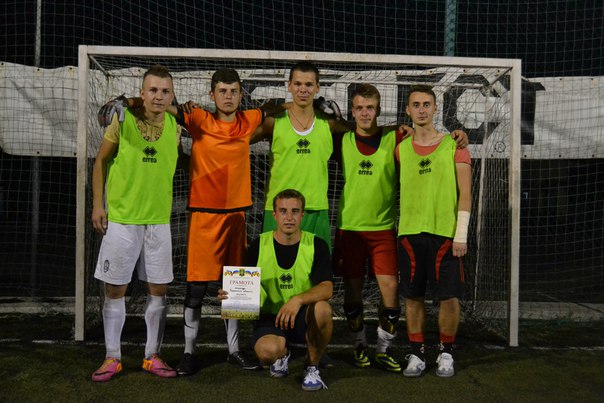
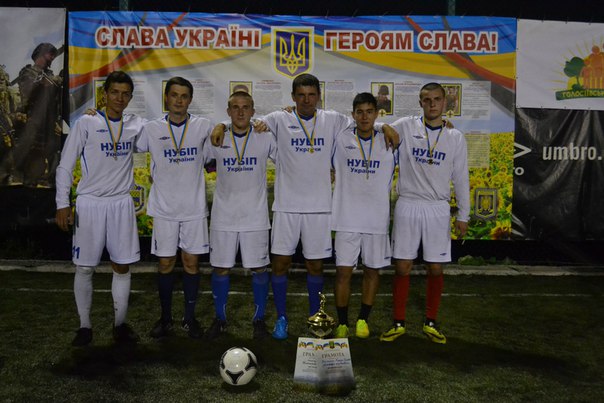
Нагородження проводив голова Ради ветеранів та учасників АТО Андрій Дащенко. Командам вручили грамоти і медалі, а чемпіонам ще й кубок. Окрім того, гравець команди "Схід" Олексій Севрук визнаний організаторами кращим гравцем та нагороджений абонементом у "Спортлайф".
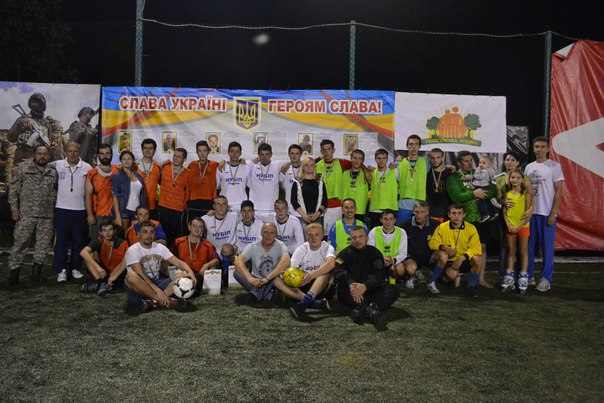
Велика подяка всім, хто долучився до організації змагань, суддям за кваліфіковане та справедливе суддівство, зокрема завідувачу та викладачам кафедри фізичного виховання - Костенку Миколі, Вербицькому Сергію, Прохнічу Валерію, Литвину Миколі, Романчуку Сергію та Ковальскому Олексію.
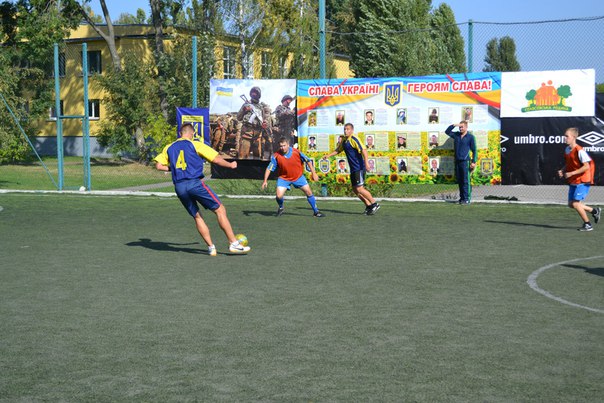
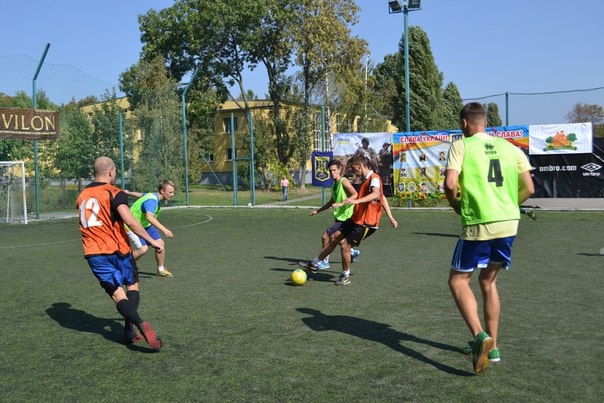
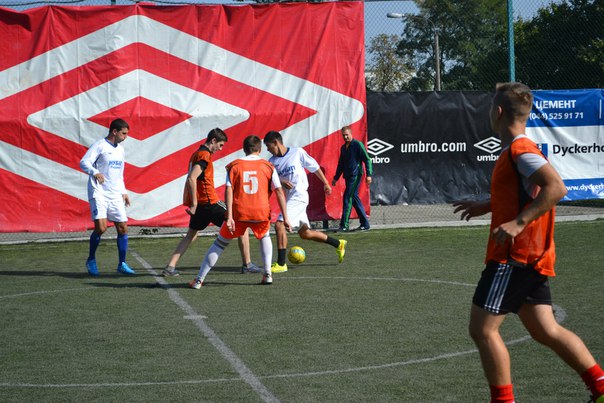
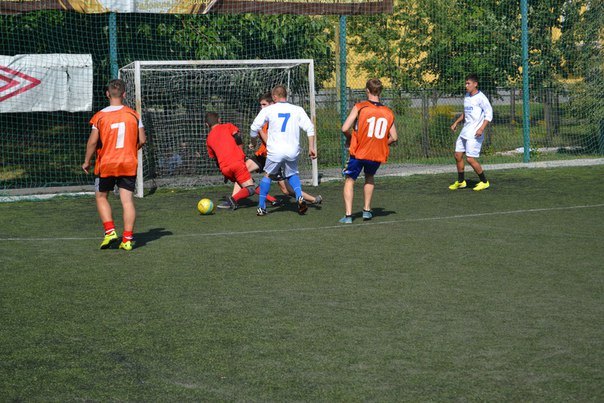
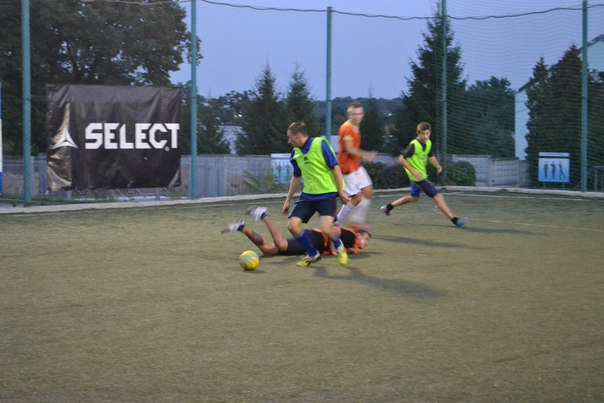
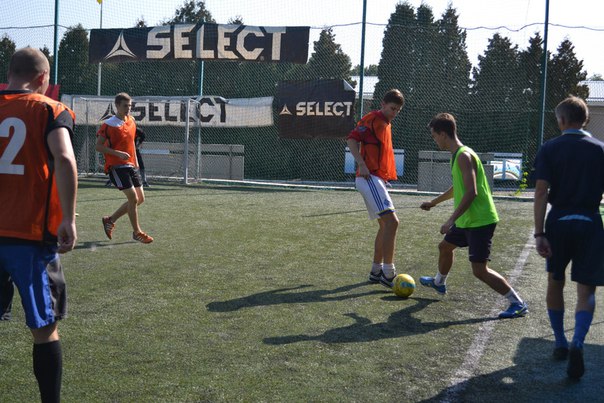
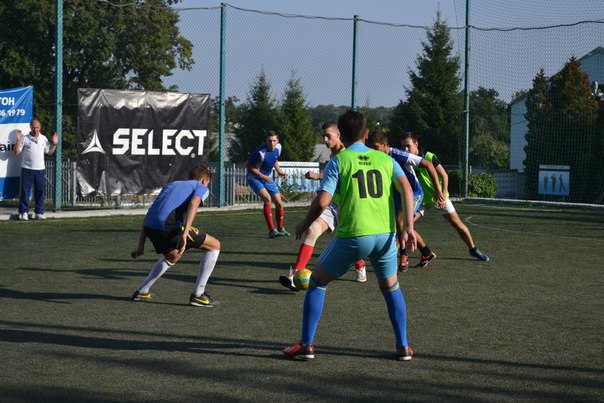
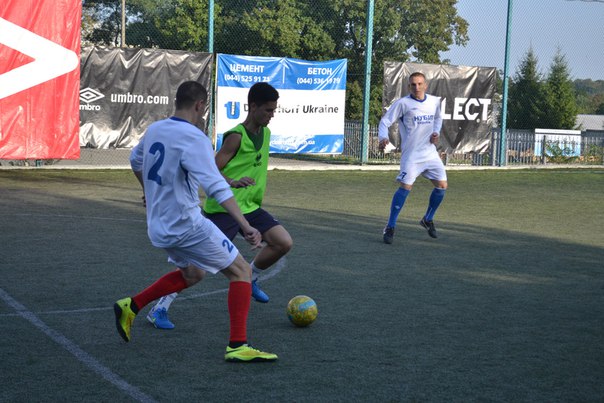
Фотогалерея проведення турніру на http://vk.com/album-65386305_221007609
Микола Любінський